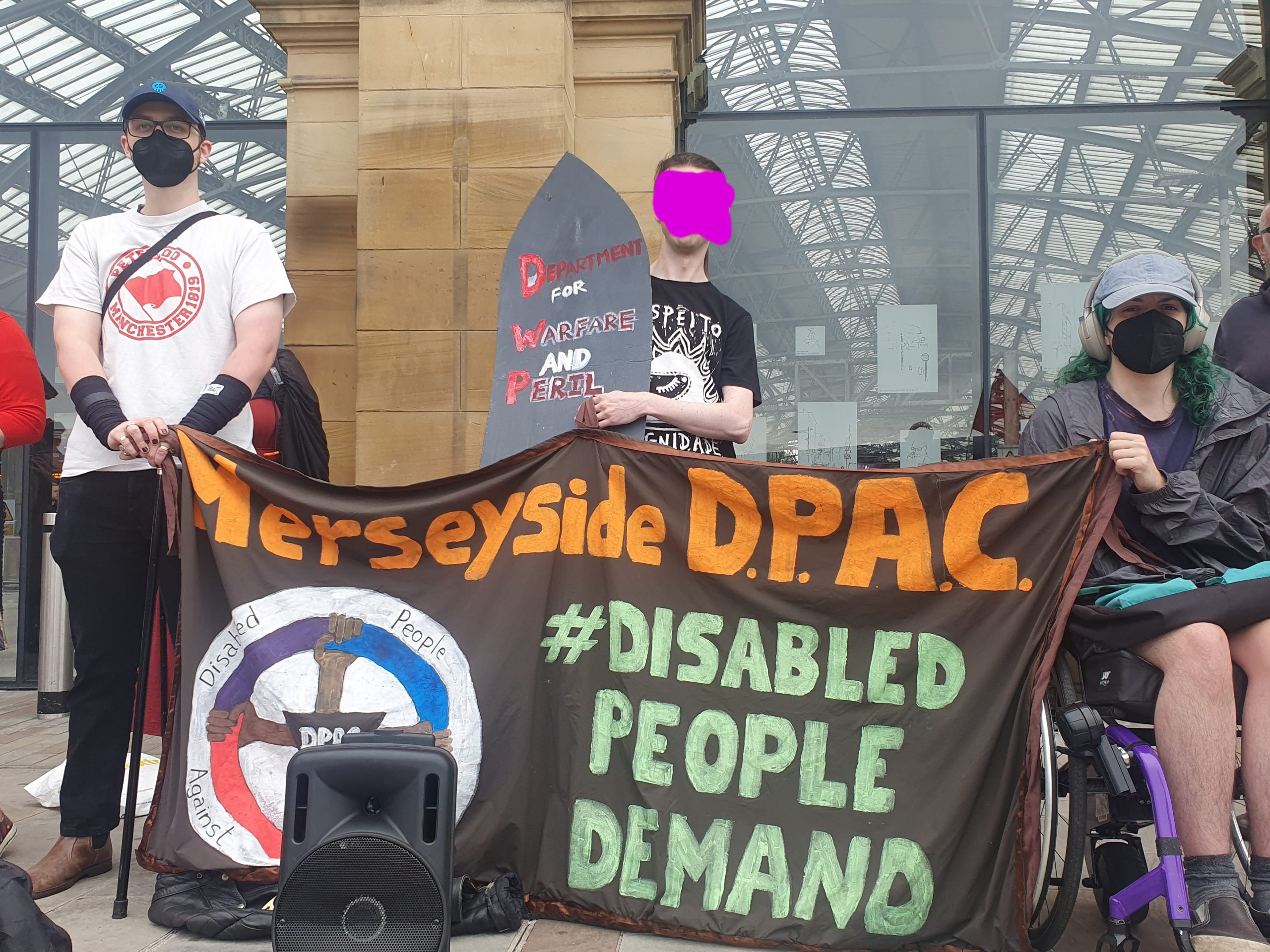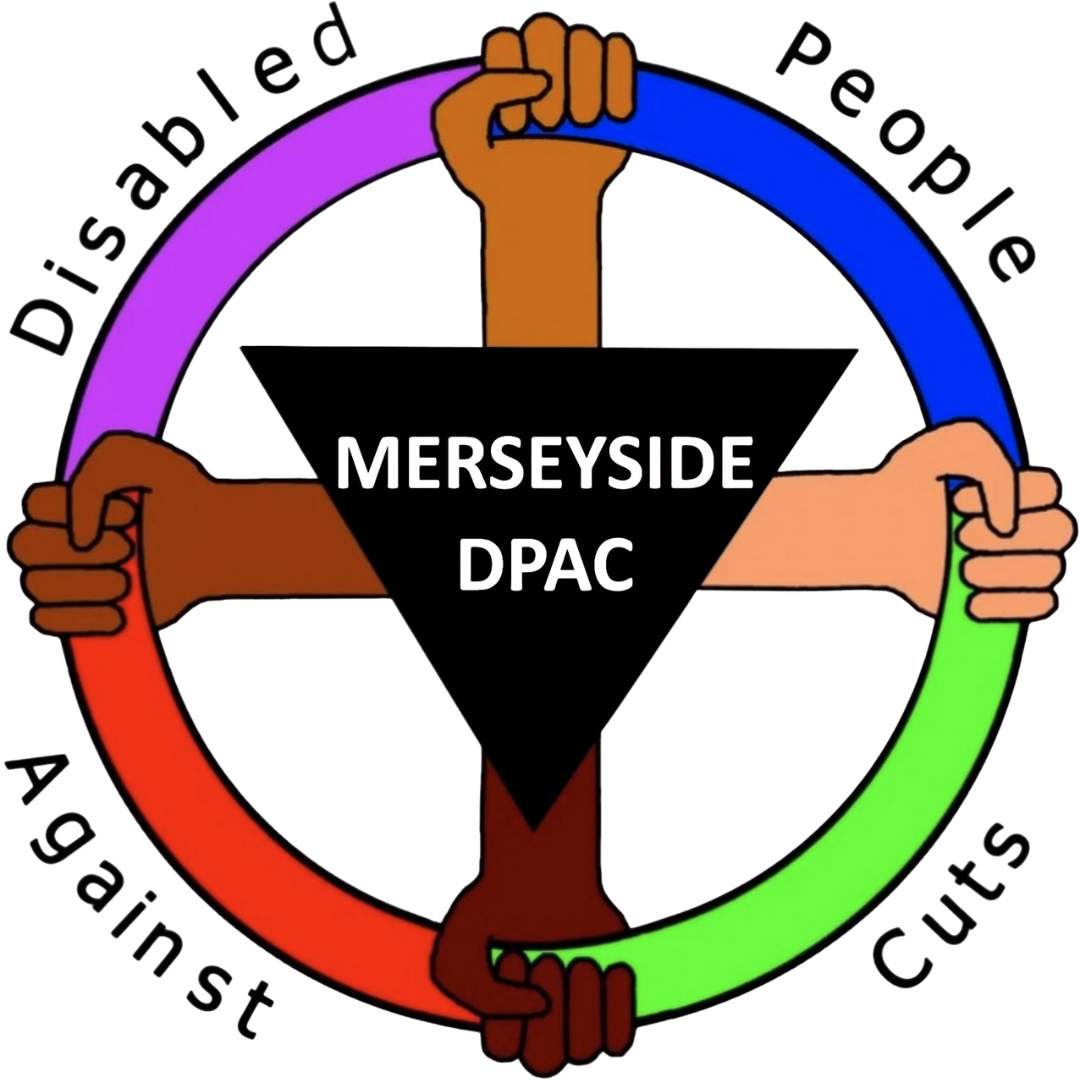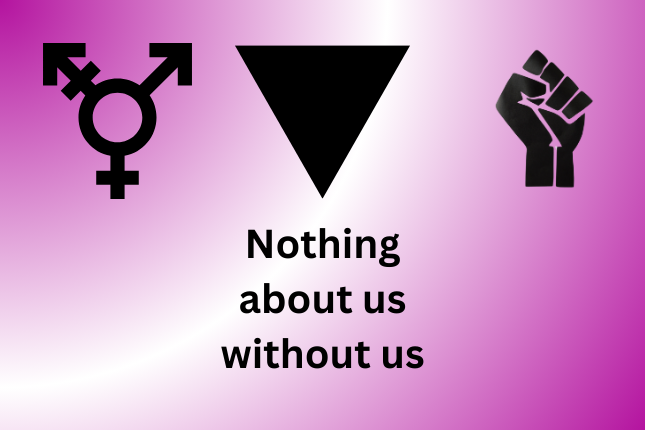
After outrage, protests and lobbying by disabled people and allies, the Labour government has retreated on some of its proposed cuts to disability benefits. This includes backing down on the proposed “4 point rule” for Personal Independence Payment (PIP). However, the government’s bill passed its second reading and now faces a third and final vote in the Commons on Wednesday the 9th of July 2025.
As outlined in a briefing from Disability Rights UK, the bill as it stands contains measures seriously harmful to disabled people:
- Cuts to disability support in Universal Credit are still in the bill. People who claim UC Health for the first time will get £200 a month less than they would do now.
- A new severe conditions criteria will mean that many thousands of people who cannot work and claim in future will have to live on half the additional payment.
- Increasing the sanctions and conditionality to almost all Universal Credit claimants creates a benefits system that will feel anything but supportive.
The government has already been forced into major concessions in its crusade against disabled people, we can defeat these attacks too. You can add pressure by contacting your MP and asking them to vote no on the third reading of the bill on Wednesday. Disability Rights UK has also identified amendments to the bill which MPs might support to protect disabled people:
- Amendments 14 & 15 tabled by Neil Duncan-Jordan MP: These crucial amendments would remove the dangerous UC cuts from the bill, leaving the bill as an uprating of UC.
- Amendment 2(a) tabled by Richard Burgon MP: This would eliminate the punitive change to UC Health, which proposes a lower rate for all but those in the new serious conditions criteria group.
- Amendment NC10 tabled by Nadia Whittome MP: This would ensure that there is a human rights analysis of the bill, which has been completely absent thus far.
- Amendment NC11 tabled by Dr Marie Tidball MP: Which would put a 12-month timeline on the ‘Timms Review’ and make it accountable to MPs by requiring a vote for any of its recommendations to be implemented.
- Amendment NC8 by John McDonnell: Which prevents any proposal from the Timms review adversely affecting anyone’s eligibility for PIP.
- Amendment by Debbie Abrahams (19): which changes the date on which the universal credit cuts start, from April 2026 to November 2026.
- Amendment NC4 by Stella Creasy: Which calls for a duty to have due regard to the UN Convention on the Rights of Disabled People in exercising any power under this Act
- Amendment by Kirsty Blackman (33): Which removes the requirement that, for the severe conditions criteria, a diagnosis must have been made by a health professional providing NHS services.
- Amendment by Graeme Downie (17): Which allows for the severe conditions criteria to apply to claimants who have fluctuating conditions, such as Parkinson’s or multiple sclerosis.
Contacting your MP
If you don’t know who your MP is or how to contact them, you can search on the parliament.uk website by name, location or postcode. Every MP will have a parliamentary office email, which you can use to contact them as a constituent.
When emailing your MP, you should try to include:
- That you are a constituent (you live in the area they are responsible for as an MP). This is important as MPs will not officially respond to emails from people who are not their constituents.
- What you are concerned about. For example, the effects of welfare benefits cuts on you or your loved ones.
- What you are asking your MP to do. For example, vote no on the third reading of the Universal Credit and Personal Independence Payment Bill (the welfare cuts bill).
- Your full name and contact details. This allows the MP to verify that you are a constituent.
You may also wish to include personal stories illustrating the effects of the cuts on you or people you care about or evidence of the harm the cuts will do.
Below is an example of a letter to an MP. You may wish to use this as a basis for your own letter.
Dear [MP’s name],
I am writing to you as a constituent to express my serious concern regarding the Universal Credit and Personal Independence Payment Bill.
As I am sure you are aware, the bill will have its third reading in the Commons on Wednesday the 9th of July. Cuts to Universal Credit for those unable to work of £200 per month, harsher criteria for additional support and increasing sanctions will do serious harm to disabled people.
[Here you may wish to give some personal context. For example how the cuts will affect you or a family member]
I am asking you to vote no on the third reading of the bill. It is unacceptable for the poorest and most vulnerable in society to be targeted in this way.
Kind regards,
[your full name, address, phone number]

